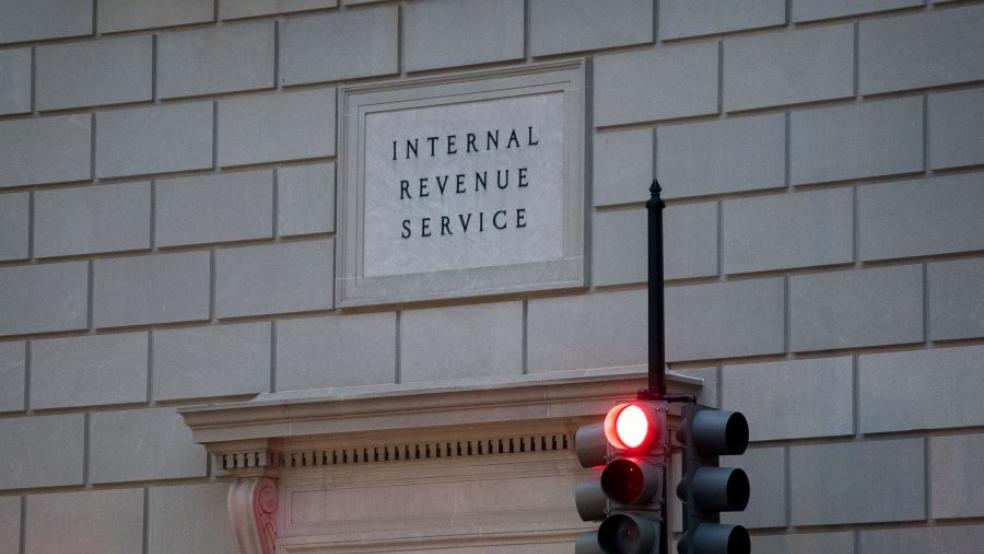This year’s tax filing season will be a frustrating one for taxpayers, officials warned Monday.
The IRS will begin accepting 2021 returns on January 24 and the filing deadline for most taxpayers will be April 18 rather than April 15 because of the Emancipation Day holiday in Washington, the agency announced. But IRS Commissioner Chuck Rettig said that the pandemic continues to present challenges and again called for more resources for the agency, which has been hurt by years of budget cuts and plagued by worker shortages, all leading to a backlog of returns last year several times greater than usual. On top of that, lawmakers piled on new responsibilities, tasking the agency with sending out payments for pandemic aid programs and the expanded Child Tax Credit.
That all added up to an extraordinary logjam and exasperating service levels.
“Typically, IRS officials enter filing season with an unaddressed backlog of roughly 1 million returns,” The Washington Post’s Jeff Stein reports. “This year, however, the IRS will enter the filing season facing ‘several times’ that, Treasury officials said, although they declined to give a more precise estimate. The IRS website says that as of Dec. 23, 2021, it still had 6 million unprocessed individual returns, and as of the start of this month it still had more than 2 million unprocessed amended tax returns, a separate category.”
The agency said that from January 1 through May 17 last year it received more than 145 million calls from taxpayers with questions, more than four times higher than in an average year. Treasury Department officials reportedly warned Monday that the IRS would struggle to handle the volume of calls and blamed Republican lawmakers who have stymied efforts to increase funding for the agency.
"In many areas, we are unable to deliver the amount of service and enforcement that our taxpayers and tax system deserves and needs. This is frustrating for taxpayers, for IRS employees and for me," Rettig said in a statement. "IRS employees want to do more, and we will continue in 2022 to do everything possible with the resources available to us. And we will continue to look for ways to improve. We want to deliver as much as possible while also protecting the health and safety of our employees and taxpayers. Additional resources are essential to helping our employees do more in 2022 – and beyond."
The IRS budget is about $12 billion, and the agency asked lawmakers for an increase of 10.4% to nearly $13.2 billion for fiscal year 2022. But progress on the 2022 budget has stalled out in Congress. The Biden administration has proposed boosting IRS funding by $80 billion over 10 years as part of a plan to step up enforcement and improve the agency’s technology and customer service. But that proposal is part of the Build Back Better Act, which also faces an uncertain path forward in Congress.
“Even if the IRS budget is increased, it would likely not be in time to allow the agency to hire for this filing season,” The Post’s Stein notes. “As a result, the IRS heads into its busiest time of year with a workforce that is now the same size as it was in 1970 — even though the U.S. population has grown by 60 percent since that time, according to Treasury officials.” The officials also told reporters that there are fewer IRS auditors now than at any time since World War II.
To avoid delays in processing, the IRS urged taxpayers to file electronically. It said it expects most taxpayers will get their refund within 21 days of filing electronically if they use direct deposit and there are no issues with their return. It also urged taxpayers to look for information online before calling an IRS helpline.





